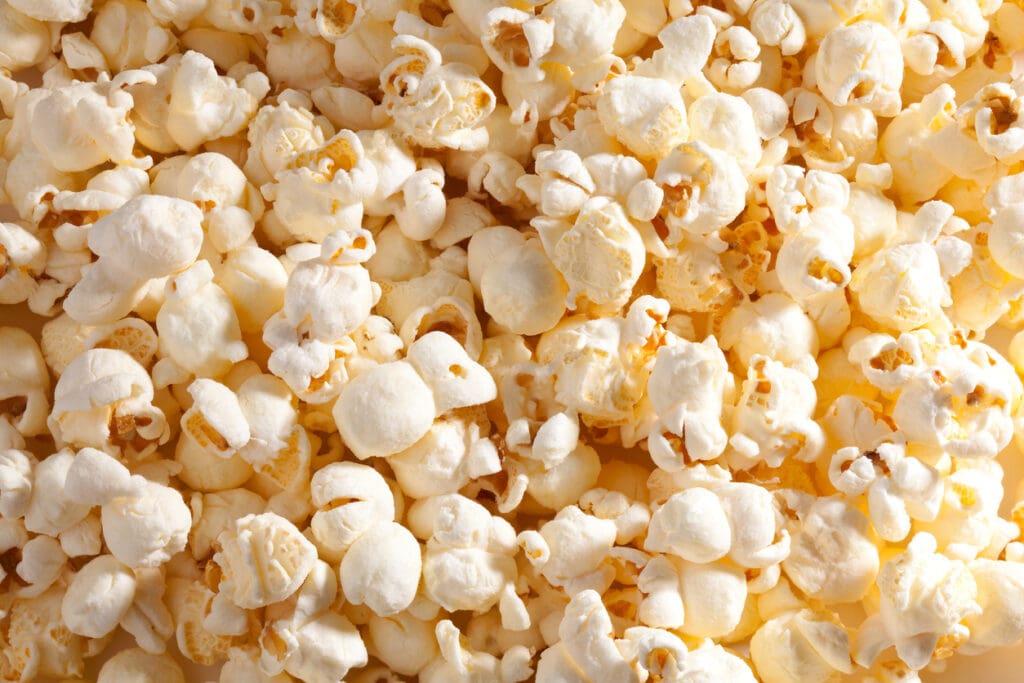
Popcorn is often thought of as a fun movie-night snack, but did you know that it’s also one of the best fiber-rich foods you can eat? Unlike heavily processed snacks, popcorn is a whole grain popcorn option that supports digestive health, promotes a healthy gut, and provides a satisfying crunch—all while being a natural snack free from artificial ingredients.
Popcorn supports not just the digestive tract but the entire gastrointestinal tract, which includes the esophagus, stomach, and intestines, ensuring comprehensive digestive health.
If you’ve been looking for a guilt-free way to satisfy your cravings while boosting your daily fiber intake, popcorn might just be the superfood you’ve been overlooking. In this guide, we’ll explore the many health benefits of popcorn, how it supports digestion, and the best ways to enjoy it for maximum nutrition.
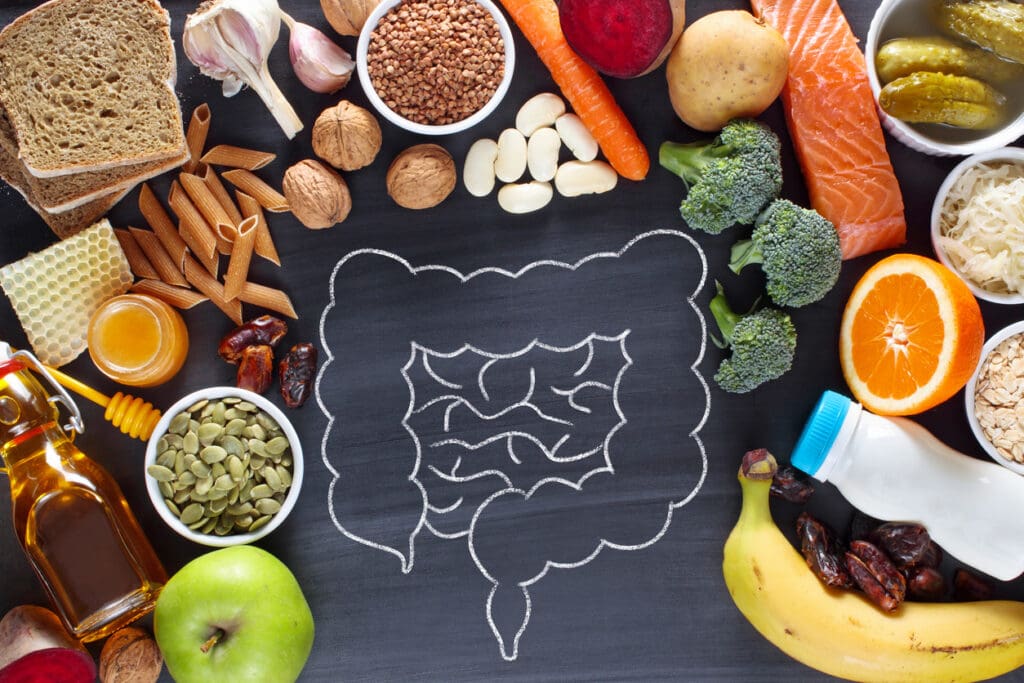
High fiber foods play a crucial role in maintaining a healthy digestive system and preventing various health conditions. A diet rich in high fiber foods can help regulate bowel movements, prevent constipation, and alleviate symptoms of irritable bowel syndrome (IBS). By adding bulk to the stool and promoting regular bowel habits, fiber ensures that your digestive system functions smoothly.
Moreover, high fiber foods can help lower cholesterol levels by binding to bile acids and removing them from the body. This process can reduce the risk of heart disease. Fiber also helps control blood sugar levels by slowing down the absorption of sugar, which can aid in managing diabetes and preventing type 2 diabetes.
Incorporating high fiber foods into your diet can also support the growth of beneficial gut bacteria, promoting a healthy gut microbiome. A well-balanced gut microbiome is essential for overall health, as it can boost the immune system and improve nutrient absorption. Additionally, a high fiber diet has been shown to reduce the risk of colon cancer by promoting regular bowel movements and preventing the buildup of toxins in the large intestine.

Dietary fiber refers to the indigestible parts of plant-based foods, including fruits, vegetables, whole grains, and legumes. There are two types of dietary fiber: soluble and insoluble fiber. Soluble fiber dissolves in water and forms a gel-like substance, helping to slow down digestion and the absorption of nutrients. This type of fiber can be found in foods like oats, apples, and beans.
Insoluble fiber, on the other hand, does not dissolve in water and helps add bulk to stool, promoting regular bowel movements. This type of fiber is found in foods like whole grains, nuts, and vegetables. Both types of dietary fiber are essential for maintaining a healthy digestive tract and preventing constipation, diverticulitis, and other gastrointestinal disorders.
By including a variety of fiber-rich foods in your diet, you can ensure that your digestive system remains healthy and functions efficiently. Whole grains, in particular, are an excellent source of dietary fiber and can be easily incorporated into your meals.
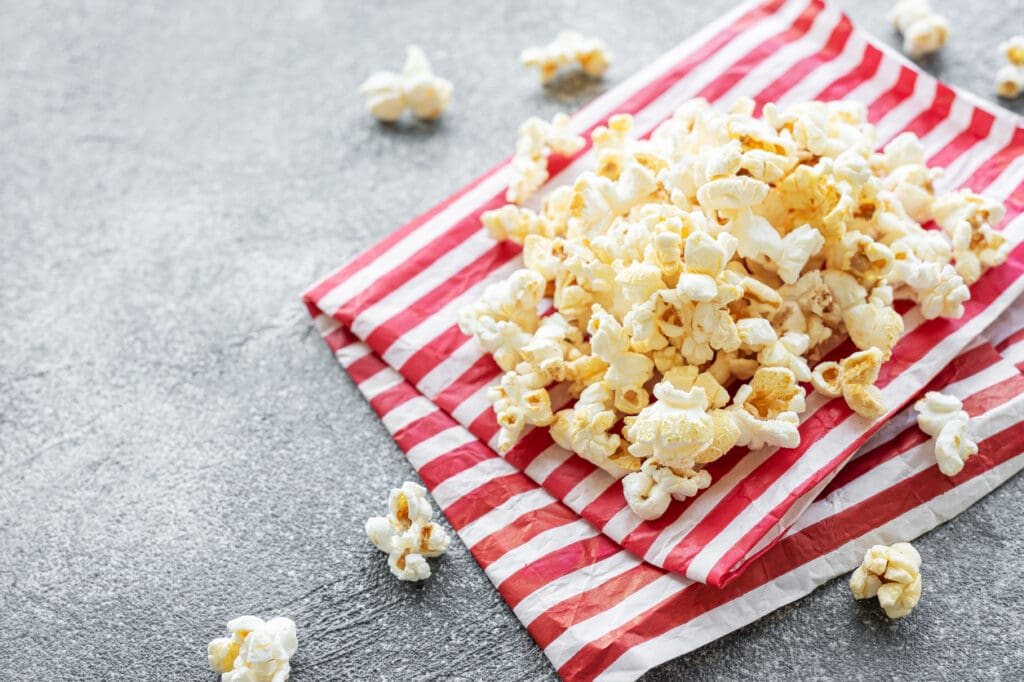
Many people don’t realize that popcorn is a whole grain popcorn just like brown rice, quinoa, or oats. Whole grains are packed with fiber, vitamins, and minerals, making them essential for a balanced diet. Unlike refined grains, which have been stripped of their nutrient-rich outer layers, whole grain popcorn retains its fiber and beneficial plant compounds.
Neglecting to include high fiber foods in your diet can lead to poor gut health, which is associated with various health issues such as digestive disorders, allergies, and even mental health concerns.
A single serving of air-popped popcorn contains around 4 grams of dietary fiber, making it one of the most fiber-dense snack foods available. Since fiber is essential for maintaining digestive health, eating popcorn regularly can help support healthy digestion and promote long-term gut health.
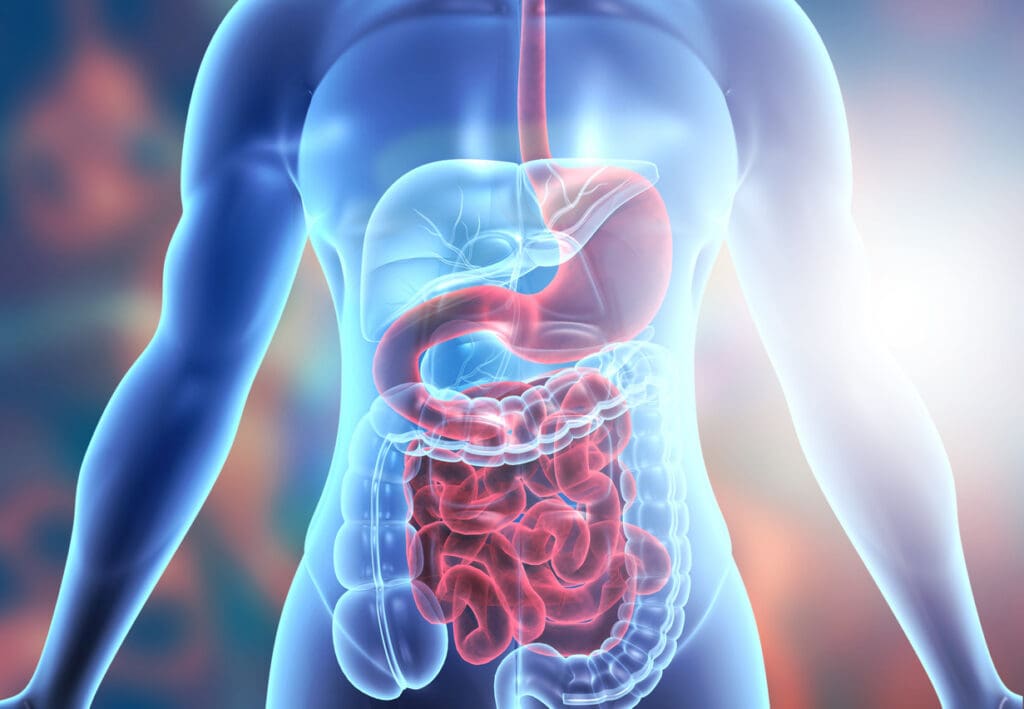
One of the biggest reasons to include more fiber-rich foods in your diet is to improve digestive health. Fiber plays a critical role in keeping your digestive system running smoothly, preventing constipation, and promoting regular bowel movements.
Popcorn, being a natural source of insoluble fiber, helps food move through the digestive tract more efficiently. This can reduce bloating, ease digestion, and support overall gut function. Additionally, fiber feeds the beneficial bacteria in your gut, creating an environment that supports a healthy gut microbiome. A well-balanced gut microbiome has been linked to improved immune function, better nutrient absorption, and even enhanced mood.

A high fiber diet has been shown to reduce the risk of colon cancer by promoting regular bowel movements and preventing the buildup of toxins in the large intestine. Fiber helps keep the digestive system clean and reduces the time that harmful substances spend in the colon, lowering the risk of cancer.
Fiber can also help lower cholesterol levels by binding to bile acids and removing them from the body. This process can help reduce the risk of heart disease. Additionally, a high fiber diet can help regulate blood sugar levels and improve insulin sensitivity, reducing the risk of type 2 diabetes.
For those suffering from irritable bowel syndrome (IBS), fiber can be particularly beneficial. It promotes regular bowel movements, reduces abdominal pain, and improves gut motility, helping to alleviate symptoms of IBS. Furthermore, a high fiber diet supports the growth of beneficial gut bacteria, promoting a healthy gut microbiome and boosting the immune system.
By eating a diet rich in fiber, you can improve your overall health and reduce the risk of various health conditions. Fiber-rich foods like popcorn are an easy and delicious way to boost your daily fiber intake and support your digestive health.

One of the best things about whole grain popcorn is that it’s a natural snack that’s both filling and low in calories. Because fiber takes longer to digest, popcorn helps keep you full for longer, reducing the urge to overeat or reach for unhealthy, processed snacks.
Unlike many packaged snack foods that contain artificial additives, unhealthy fats, and excess sugar, popcorn is naturally low in calories and free from unnecessary ingredients. When prepared without excess butter or oils, it’s a light, satisfying snack that can support healthy weight management while providing key nutrients.
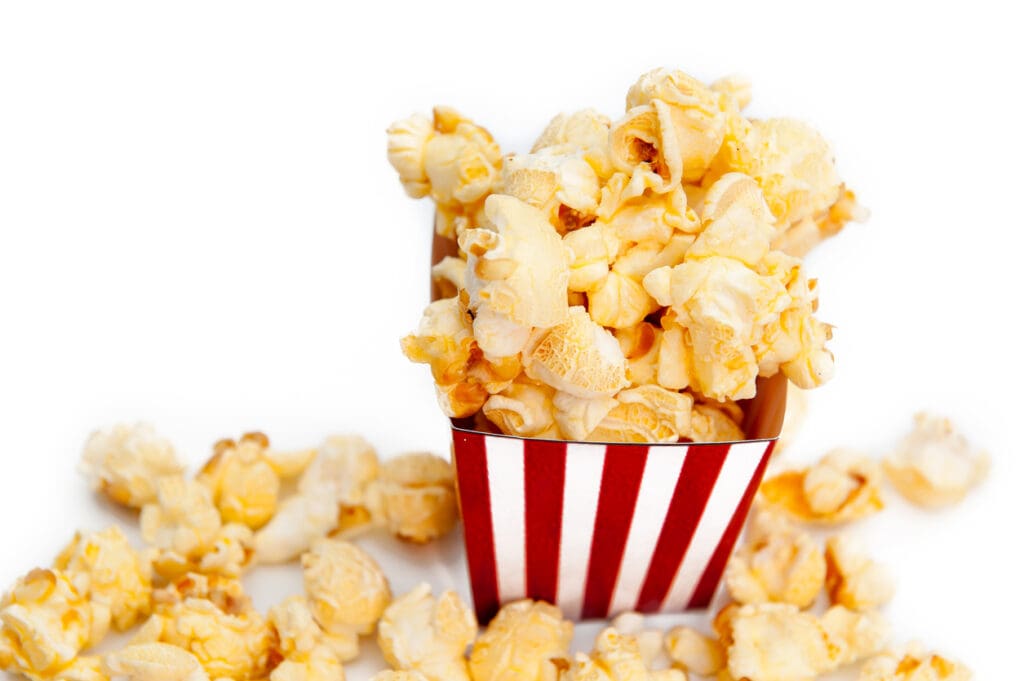
Popcorn isn’t just high in fiber—it also contains important vitamins, minerals, and antioxidants that contribute to overall health. Some of the key nutrients found in popcorn include:
By choosing fiber-rich foods like popcorn, you’re not only improving digestive health but also getting important nutrients that support long-term well-being.

To get the most health benefits from whole grain popcorn, it’s important to prepare it the right way. Many store-bought popcorn options are loaded with unhealthy fats, artificial flavorings, and excess salt, which can cancel out the natural benefits of this superfood. Here are some tips for making natural snacks with popcorn at home:
By making small changes to how you prepare popcorn, you can transform it from a simple snack into a powerhouse of nutrition.

Popcorn isn’t just for movie nights—it’s a fiber-rich food that can improve digestive health, promote a healthy gut, and serve as a satisfying, natural snack. Packed with whole-grain goodness, essential nutrients, and antioxidants, popcorn is one of the easiest and tastiest ways to boost your daily fiber intake.
At Doudlah Farms, we believe in the power of whole, natural foods to support a healthy lifestyle. Our organic, non-GMO popcorn is grown with care, ensuring you get the best in both flavor and nutrition.
Ready to experience the benefits of whole grain popcorn? Explore our organic popcorn selection and start enjoying this high-fiber superfood today!
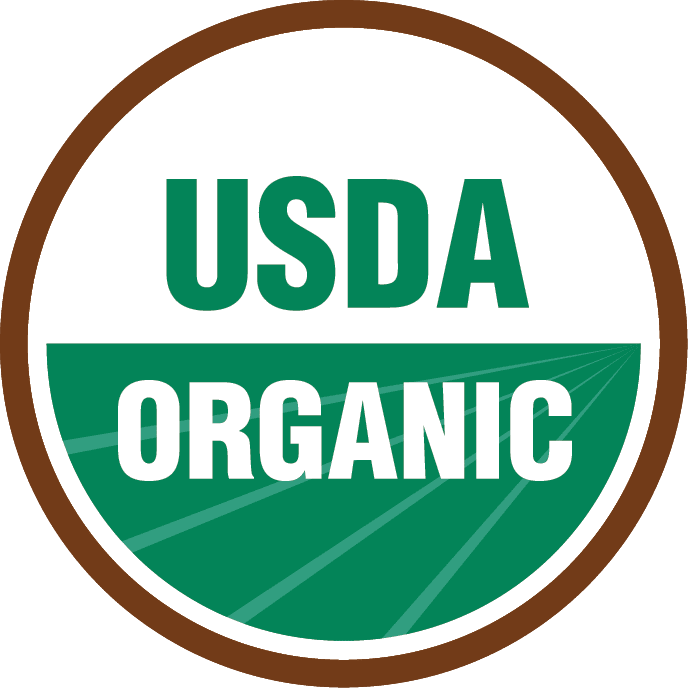
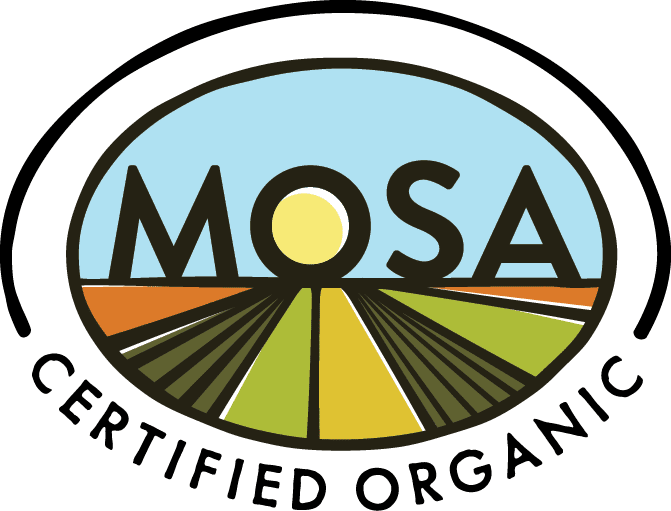


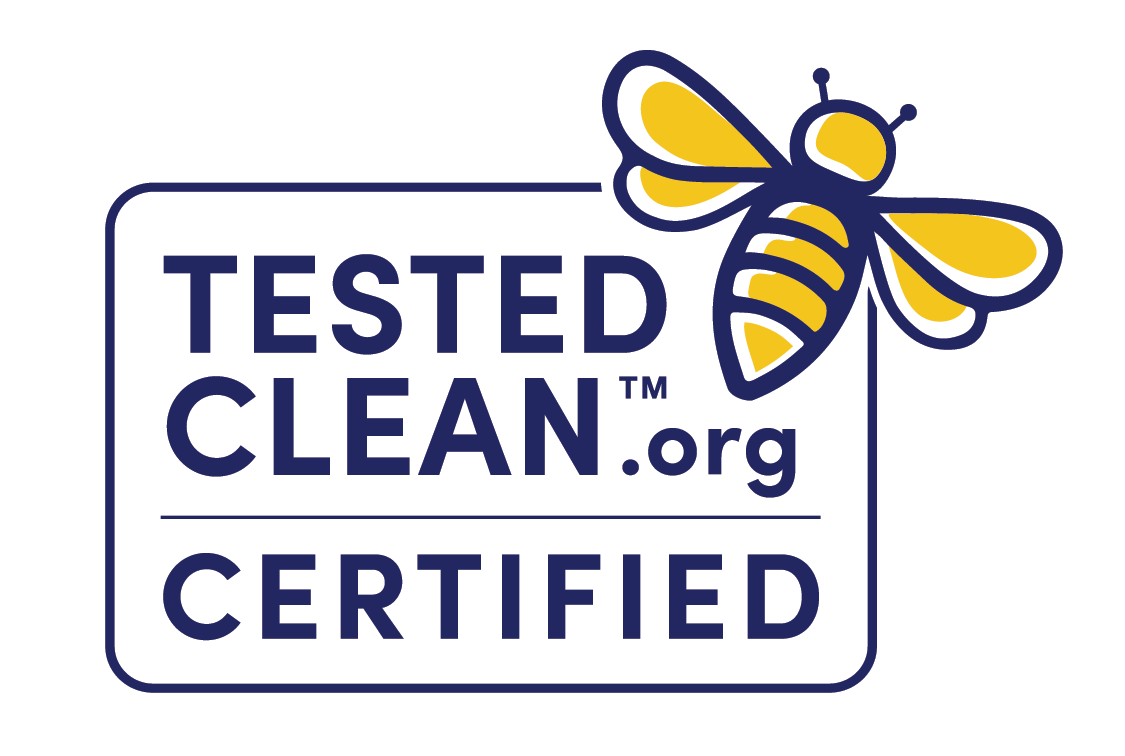
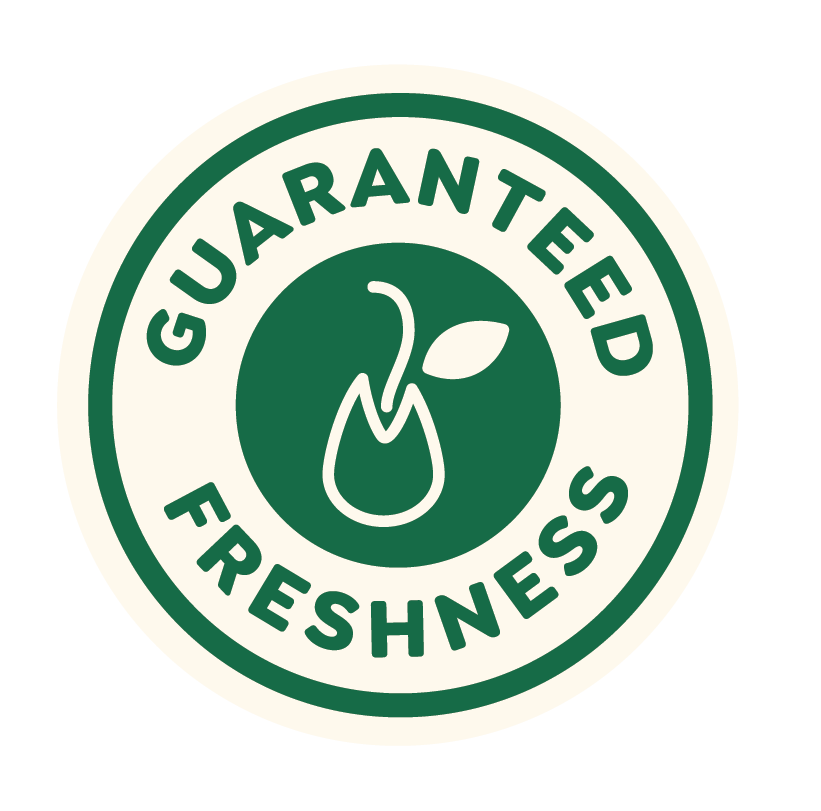
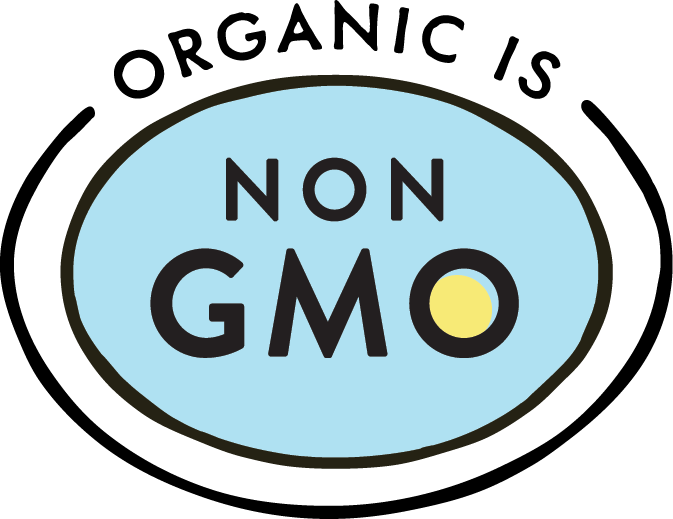
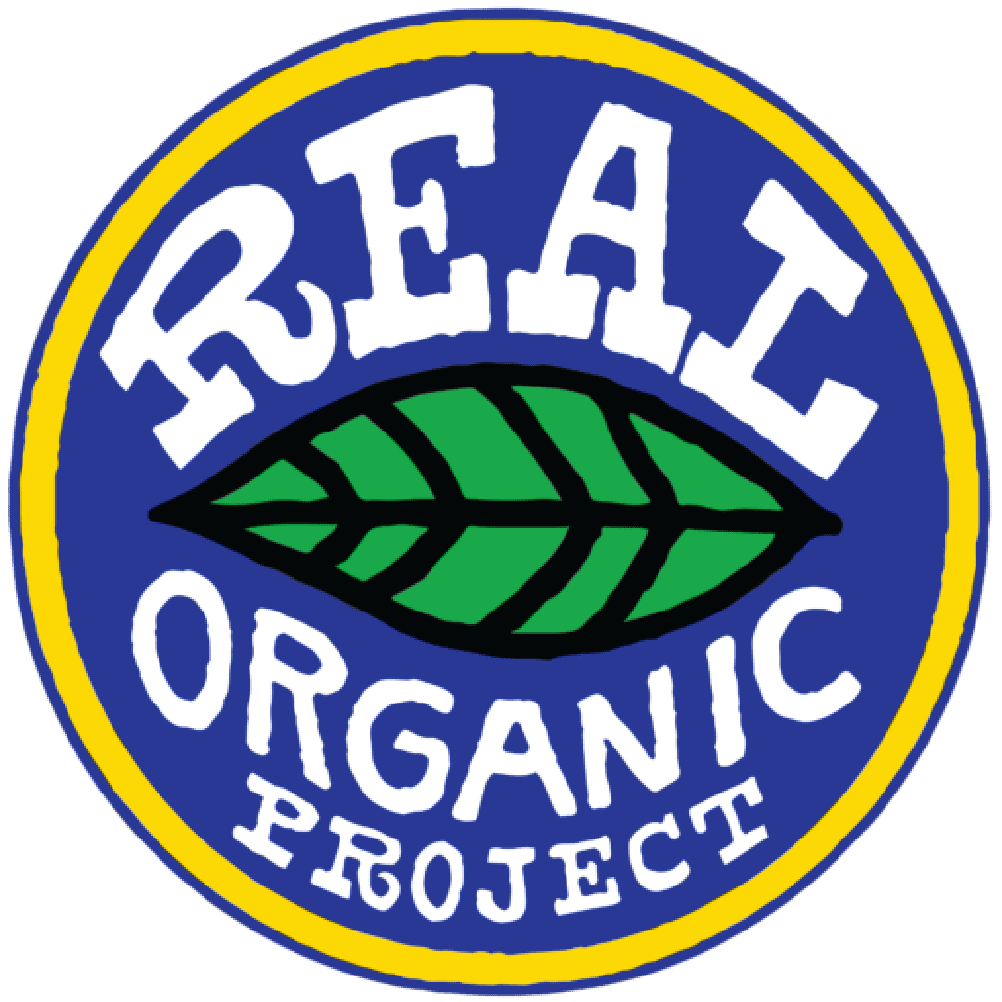

Sign Up for Exclusive Updates, Current Events, Recipes, and Special Offers and more!